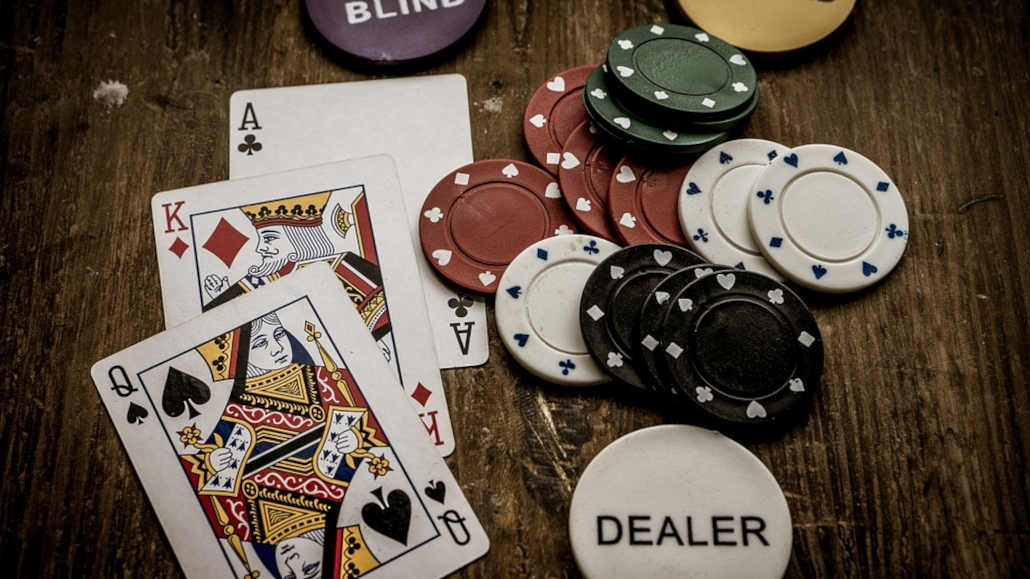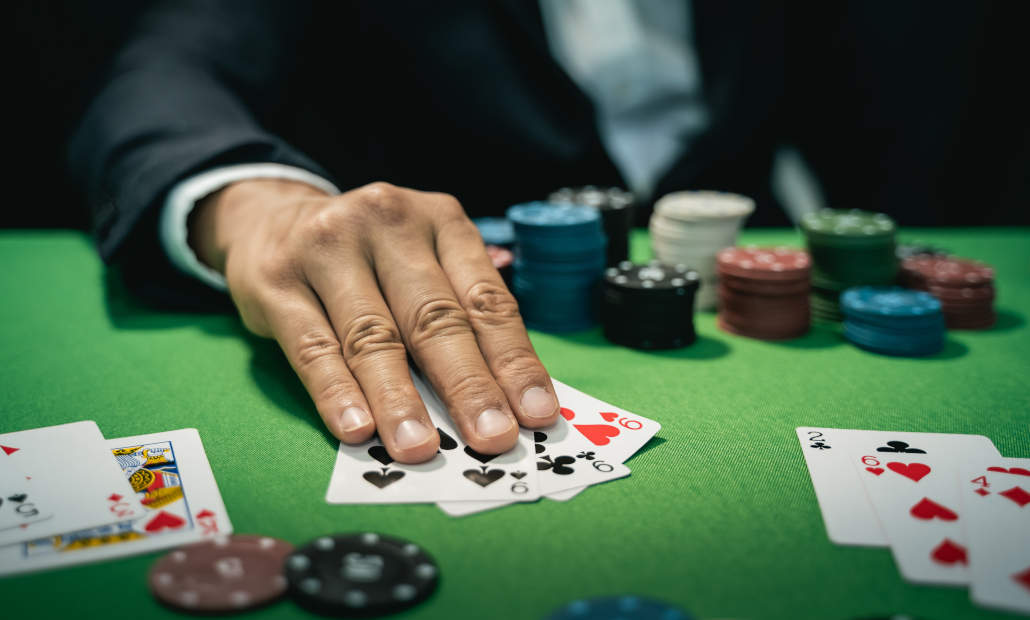Top Strategies to Learn as a Poker Novice

3 minutes
Last Updated: February 7, 2023
but once you have mastered one, the rest will be just as easy to get to grips with.
If you're new to the game and want to bring your skills up to speed, you should learn these important beginner's strategies before you start swimming with the sharks. Here are some of the top strategies to learn as a poker novice.
10 Poker Tips for Beginners
The following poker tips for beginners are relatively straightforward and absolutely essential. You can also find more of the latest poker strategies at the official Online Casino website (Onlinecasinos.com). The top 10 poker tips you should master, to begin with, including the following:
- Learn the poker rules before playing – an absolute must
- Start by playing against other beginners
- Play low-stakes poker before you play high-stakes poker
- Get to know the different poker terminology and phrases
- Don't bluff too often – it will ruin your game
- You don't have to be involved in every hand
- Try and guess what your opponent's hand might be
- Always pay attention to the table action
- Don't be too aggressive by overbetting the pot
- Don't forget that suited cards aren't that special
Top 10 Poker Tips Explained
There's no point playing poker unless you learn the rules. Once you've grasped the basics, the rest should come naturally. When you start out, playing against other beginners or players you know are worse than you might be a good idea.
Don't jump in at the deep end by playing high-stakes poker. Instead, play at the low-stakes tables until you get good.
As well as learning the poker rules, it would also be worth your while to learn the different poker terminology and phrases. You won't look like so much of a newbie if you keep asking what everything means.
Although it can be too tempting to play every hand, you don't have to get involved in every piece of action. In other words, don't play every single hand you are dealt.

Also, try and get a read on your opponent by trying to figure out what they might have in their hand. Observe them closely to see if they give away any obvious ‘tells.'
Always pay attention when you're involved in a hand, and never play while intoxicated/under the influence. Also, don't be too aggressive by over-betting. One of the other golden rules to remember is that suited cards aren't that special.
What Are the Winning Poker Hands?
Before you play, it would also be a good idea to learn the value of the hands. Knowing the best possible poker hands down to the worst-valued hands is absolutely essential.
An Ace is a high card, and the 2 card is the lowest valued card. The lowest possible winning hand in poker is a high card. Therefore, an Ace high card is worth more than a hand with a Queen high card. A 10-high card is more valuable than a 5-high card, and so on.
The next lowest possible winning hand is a pair (e.g., 2♥2♠J♠7♦9♥). You then have two pair (e.g., 10♥10♦4♠4♦J♠ or 8♠8♦K♥K♠5♦). Next is three-of-a-kind (e.g. 7♠7♥7♦A♣2♥ or 10♥10♦10♣A♠Q♥).

Then, there is a straight (e.g., 4-5-6-7-8 of ANY SUIT, or 8-9-10-J-Q). Next is a flush, so any five cards of the same suit (e.g., K♥J♥9♥6♥4♥ or J♠9♠8♠6♠3♠). After that comes a full house, which is three-of-a-kind and a pair (e.g., J♠J♥J♦2♥2♣ or 8♠8♥8♣Q♠Q♥).
Next is four-of-a-kind (e.g., 2♠2♥2♣2♦K♥ or Q♠Q♥Q♦Q♣2♥). You then have a straight flush, which is five cards in sequence of the same suit (4♠5♠6♠7♠8♠ or 8♦9♦10♦J♦Q♦).
Finally, the best possible winning hand in poker is a royal flush. This has to be a 10-J-Q-K-A, and these cards must be from the same suit, but very few players ever see this hand.


















